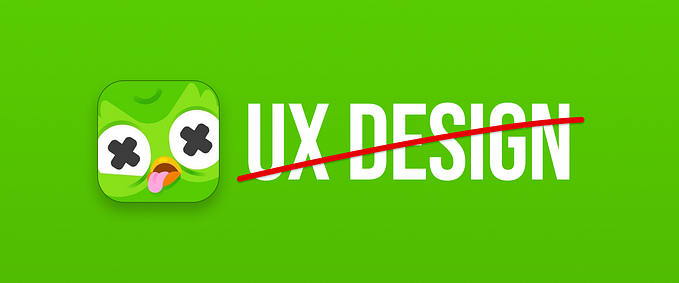Member-only story
Can artificial intelligence help save democracy?
As we slowly move towards an AI-powered future, we are defining the boundaries of AI and designing who controls that power.

New developments in AI are hitting us almost monthly, creating a perfect breeding ground for ‘real thinking’ machines. But to get there, we are facing a massive political challenge: Who will have the power of this AI at their disposal?
Artificial intelligence requires two factors to work: Big data and computational power. Big data is needed as input for an AI algorithm and computation for training that algorithm. Without one of these, no algorithm would work. What is peculiar about these factors is the one who controls them.
You need an incredible amount of computational power today to create advanced AI systems and break state of the art. And the only players that have that amount of computational power now are the large tech companies and maybe the top-tier research universities. And even top-tier research universities can barely compete with large tech companies anymore. The Google, Amazon, and Microsoft of the world control our computational abilities.
Big tech is liberalizing artificial intelligence — but might not in the future
Luckily recent trends have begun to give back power to the masses. Online dating app Bumble has open-sourced their dick-pic-fighting algorithm to battle online harassment. OpenAI has released Whisper as an open-source tool. Meta has released their own language model in its own version of GPT-3.

These developments are great, but liberalization of AI may not always be the goal of these companies. For example, OpenAI granted Microsoft, with which it has a commercial relationship, the exclusive licensing rights to its powerful GPT-3 language model. Other organizations say that the code they use to develop systems is dependent on impossible-to-release internal tooling and infrastructure or uses copyrighted datasets.







